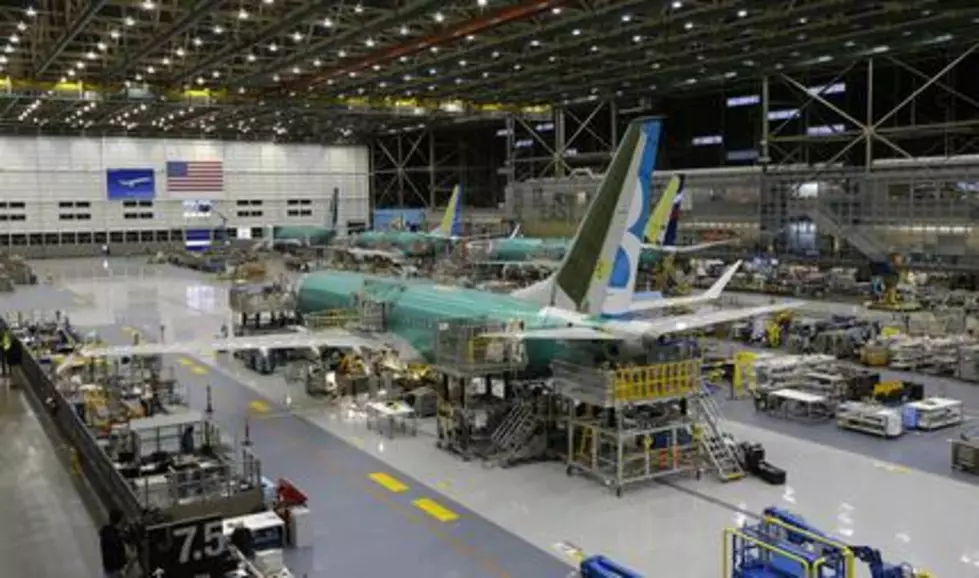
Advanced manufacturing in focus in New Jersey this week
"ManufactureNJ Week" has kicked off in the Garden State, and the New Jersey Department of Labor and Workforce Development hopes to emphasize the importance of the "advanced manufacturing" industry and highlight its future.
Gov. Chris Christie's office declared Sept. 29 through Oct. 3, 2014 to be ManufactureNJ Week, coinciding with the national Manufacturing Day this coming Friday.
To start the week, state Labor Commissioner Harold Wirths spoke at the New Jersey Institute of Technology on Monday, spotlighting the partnership between the university and the state in training the workforce to be ready for the new breed of factory jobs.
New Jersey currently employs over 241,000 people in manufacturing jobs, contributing over $42 billion to the state's gross domestic product, according to the labor department.
Fifty-five percent of the state's manufacturing jobs, or over 133,000, are in the field of advanced manufacturing, which is described as a more efficient system of operations making full use of new technologies for product improvements.
"Chemical manufacturing is 36 percent of the manufacturing in that field, computer/electronic product manufacturing is 18 percent, fabricated metal manufacturing is 16 percent, and machine manufacturing is 11 percent," Wirths said.
While traditional manufacturing has seen a rebound in some of the southern states thanks to lower property prices and costs of living, advanced manufacturing -- which requires more training and a needs a smaller footprint for facilities -- manages to thrive in New Jersey.
"A lot of the folks are working in white suits and in airflow-controlled areas," Wirths said. "You can eat off the floor."
Wirths said his department asked business owners what skills they are looking for from employees, in order to fill the numerous vacancies in advanced manufacturing facilities. The state is honing in on partnerships with trade and technical schools, as well as universities, to make sure the proper training is offered.
"A lot of these are good jobs for high school graduates," Wirths said. "They tend to be shorter types of programs that focus on advanced technologies, software, other similar skills."
American manufacturing faced a steady decline post-World War II, a victim of booming technological and service-based industries as well as companies outsourcing production as a cost-cutting measure. With international costs rising and the United States in need of an economic boom, there have been more efforts to return to domestic manufacturing.
"You can't survive as a service nation, you have to make something," Wirths said.
For a full schedule of this week's events, visit ManufactureNJ.org.
More From New Jersey 101.5 FM






![Sweeney Pushes ‘Made in America’ Bills [AUDIO]](http://townsquare.media/site/385/files/2014/05/490548063.jpg?w=980&q=75)
![Pallone: Manufacturing Has Future in US [AUDIO]](http://townsquare.media/site/385/files/2014/05/185674374-300x200.jpg?w=980&q=75)
![NJ Bills Target Manufacturing Sector [AUDIO]](http://townsquare.media/site/385/files/2014/03/185674374.jpg?w=980&q=75)
